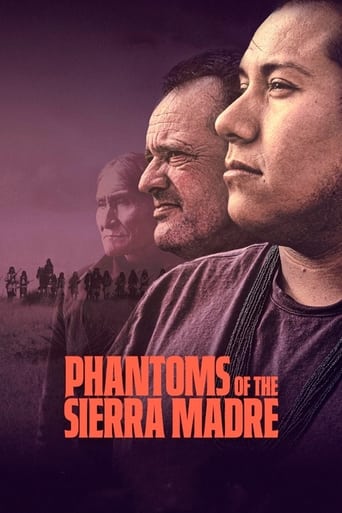
20 Sep 2024

Phantoms of the Sierra Madre
A Danish writer travels to Mexico with the purpose of locating a mysterious Apache tribe that fervently seeks to remain in obscurity.
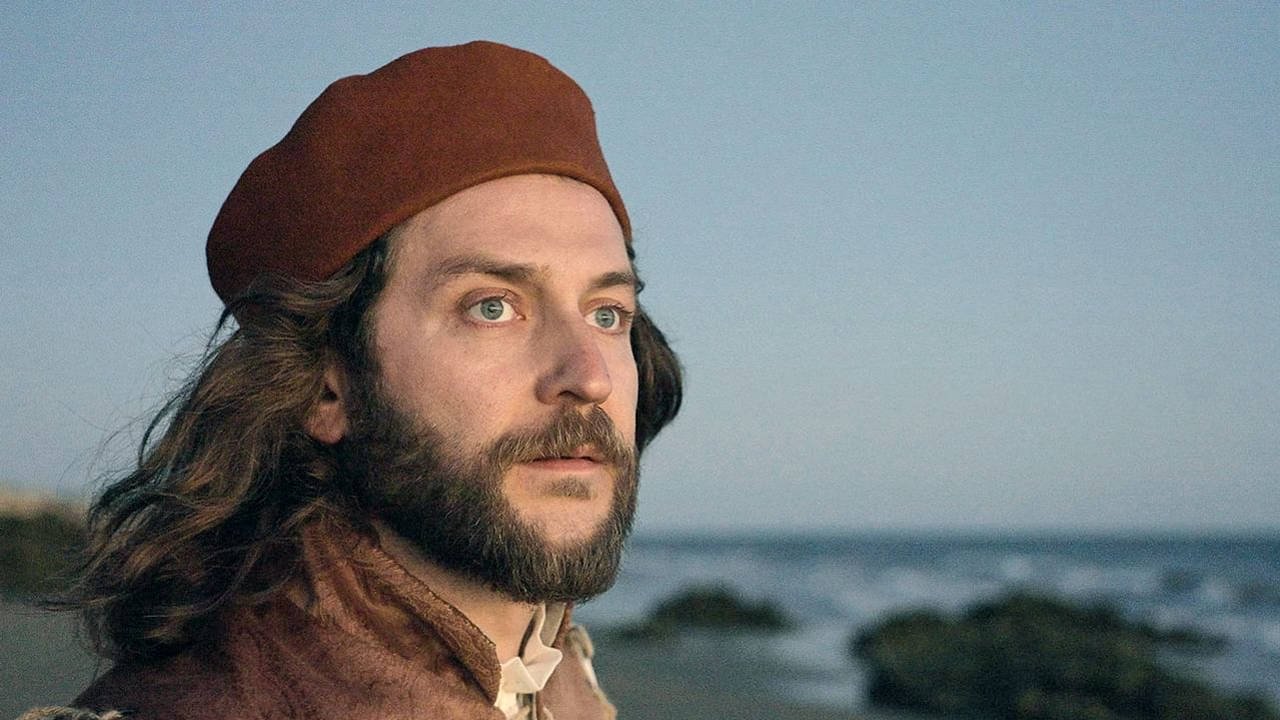
Everyone knows Columbus, but few know Vespucci. And yet, the continent of America was named after the banker and explorer Amerigo Vespucci. This film attempts to find the truth about the almost unknown Italian – was he a swindler, as was later claimed, or a daring navigator who first recognised the significance of Columbus' discovery?
Alonso de Hojeda
Christoph Kolumbus

Self - Narrator (voice)

20 Sep 2024

A Danish writer travels to Mexico with the purpose of locating a mysterious Apache tribe that fervently seeks to remain in obscurity.

29 Sep 2017

Explorer Bruce Parry visits nomadic tribes in Borneo and the Amazon in hope to better understand humanity's changing relationship with the world around us.
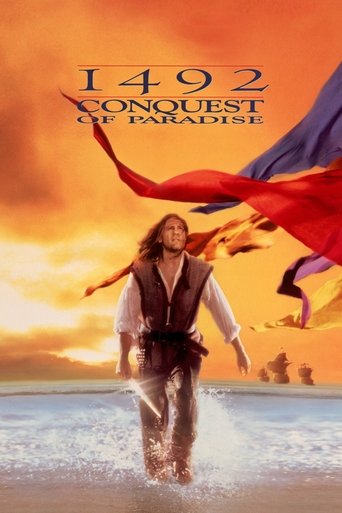
09 Oct 1992

1492: Conquest of Paradise depicts Christopher Columbus’ discovery of The New World and his effect on the indigenous people.
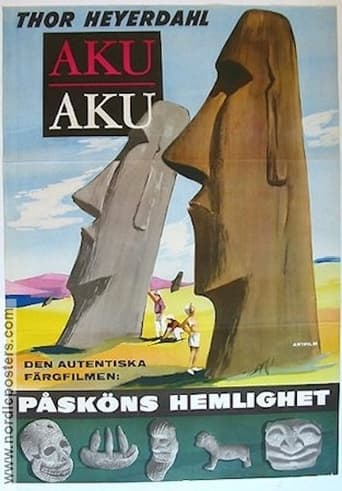
22 Jan 1960

Documentary following the 1955–1956 Norwegian Archaeological Expedition's investigations of Polynesian history and culture at Easter Island.
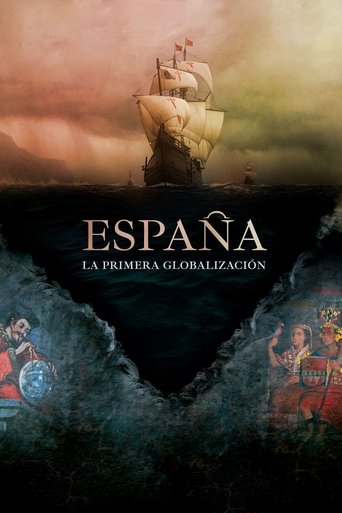
15 Oct 2021

A new reading of the historical period that began with the reign of the Catholic Monarchs (1479-1516) and the discovery of America (1492), as well as an analysis of its undeniable influence on the subsequent evolution of the history of Spain and the world.
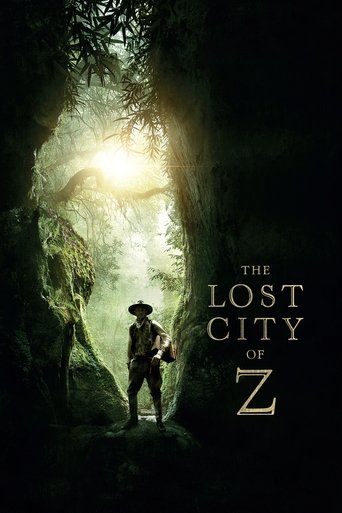
15 Mar 2017

A true-life drama in the 1920s, centering on British explorer Col. Percy Fawcett, who discovered evidence of a previously unknown, advanced civilization in the Amazon and disappeared whilst searching for it.
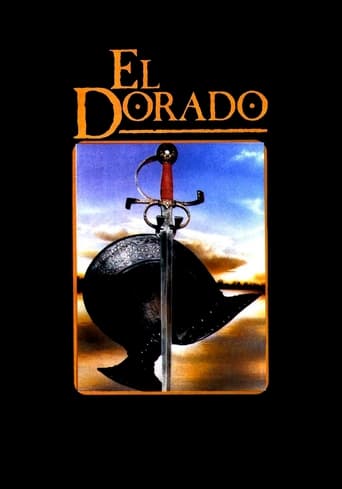
20 Apr 1988

The story of an expedition down the Orinoco and Amazon rivers in 1560 by Spanish soldiers searching for the fabled city of gold, El Dorado.
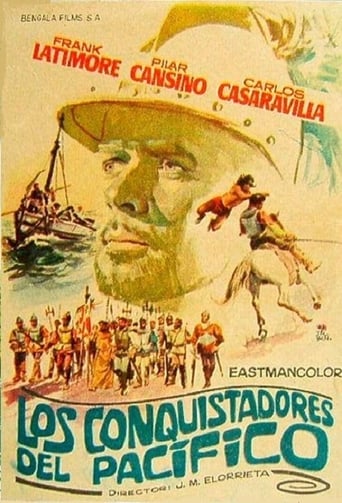
21 Oct 1963

Frank Latimore is cast as Balboa, the heroic Spanish explorer who discovers the Pacific Ocean. Along the way, he must pacify the wrath of his enemies and battle his way through a forest inhabited by savage natives. This one features some really nice battles, stunning ocean photography, and tolerable reconstruction of historic events.

30 Jan 2018

At the turn of the 19th and 20th century Finnish philologist G. J. Ramstedt travelled around Mongolia and Central-Asia. In this documentary Ramstedt’s memoirs are heard in the modern day setting, where tradition is replaced with hunger for money, and deserts give way to cities.
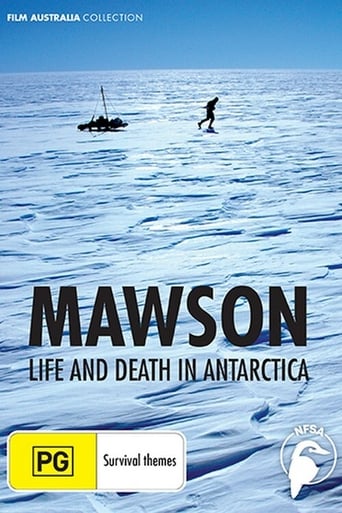
11 May 2008

The Douglas Mawson Antarctic Expedition of 1912 is considered one of the most amazing feats of endurance of all time. Although his two companions perished, Douglas Mawson survived, but how? In a bold historical experiment, scientist and adventurer Tim Jarvis is retracing the gruelling experience, with the same meagre rations, primitive clothing and equipment to uncover what happened to Mawson physically — and mentally — as a man hanging on the precipice of life and death.
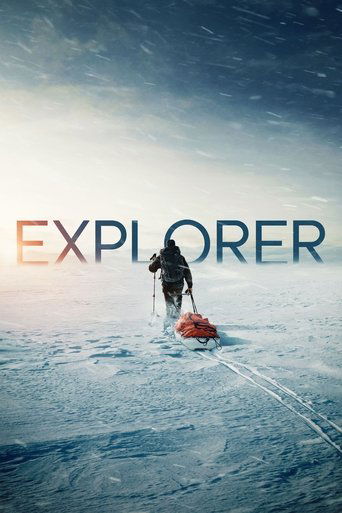
14 Jul 2022

Sir Ranulph Fiennes is credited as being the World’s Greatest Living Explorer. Among his extraordinary achievements, he was the first to circumnavigate the world from pole to pole, crossed the Antarctic on foot, broke countless world records, and discovered a lost city in Arabia. He has travelled to the most dangerous places on Earth, lost half his fingers to frostbite, raised millions of pounds for charity and was nearly cast as James Bond. But who is the man who prefers to be known as just ‘Ran’?
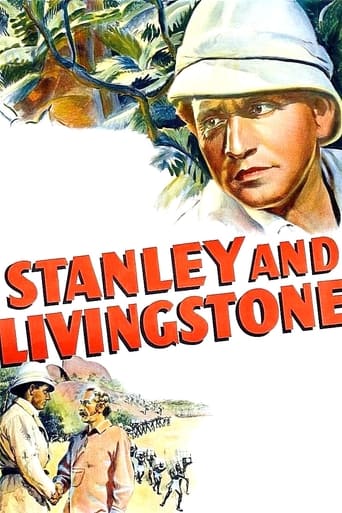
18 Aug 1939

When American newspaperman and adventurer Henry M. Stanley comes back from the western Indian wars, his editor James Gordon Bennett sends him to Africa to find Dr. David Livingstone, the missing Scottish missionary. Stanley finds Livingstone ("Dr. Livingstone, I presume.") blissfully doling out medicine and religion to the happy natives. His story is at first disbelieved.
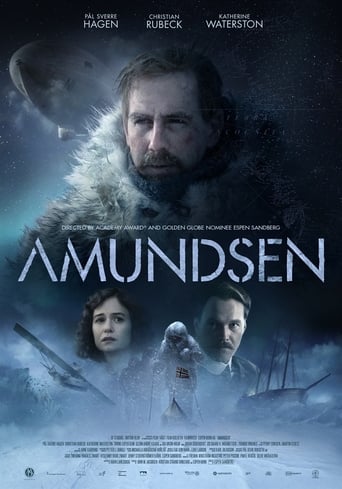
15 Feb 2019

The story of Norwegian explorer Roald Amundsen, the leader of the first expedition to reach the South Pole in 1911, and the first person to reach both the North and South Poles in 1926. Follows his all-consuming drive as a polar explorer and the tragedy he brought on himself and others by sacrificing everything in the icy wastelands to achieve his dream.

19 Apr 2008

Plant Explorer Richard Evans Schultes was a real life Indiana Jones whose discoveries of hallucinogenic plants laid the foundation for the psychedelic sixties. Now in this two hour History Channel TV Special, his former student Wade Davis, follows in his footsteps to experience the discoveries that Schultes brought to the western world. Shot around the planet, from Canada to the Amazon, we experience rarely seen native hallucinogenic ceremonies and find out the true events leading up to the Psychedelic Sixties. Featuring author/adventurer Wade Davis ("Serpent and the Rainbow"), Dr. Andrew Weil, the Grateful Dead's Bob Weir and many others, this program tells the story of the discovery of peyote, magic mushrooms and beyond: one man's little known quest to classify the Plants of the Gods. Richard Evans Schultes revolutionized science and spawned another revolution he never imagined.
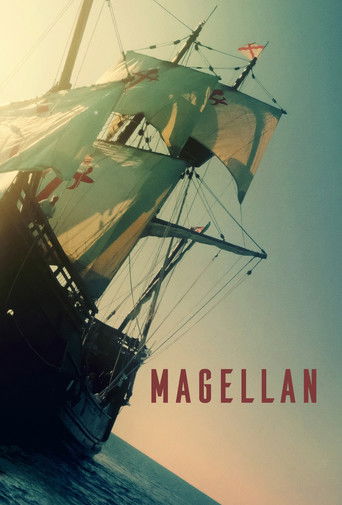
10 Sep 2025

In the 16th century, young and ambitious Portuguese navigator Fernão de Magalhães rebels against the power of King Manuel I, who doesn't support his dream of discovering the world. He persuades the Spanish Crown to fund his bold expedition to the fabled lands of the East. The voyage is exhausting beyond expectations, with hunger and mutiny pushing the crew to their limits. Upon reaching the islands of the Malayan Archipelago, Magalhães' mind changes. He becomes obsessed with conquest and conversion, which sparks violent uprisings beyond his control.
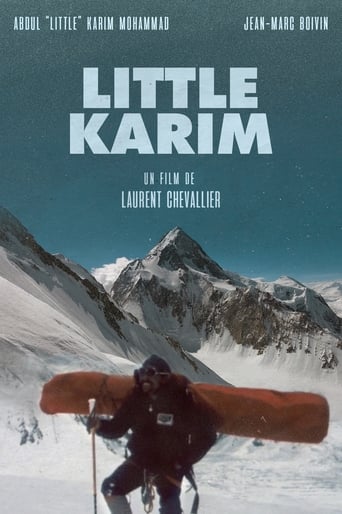
01 Jan 1985

No overview found
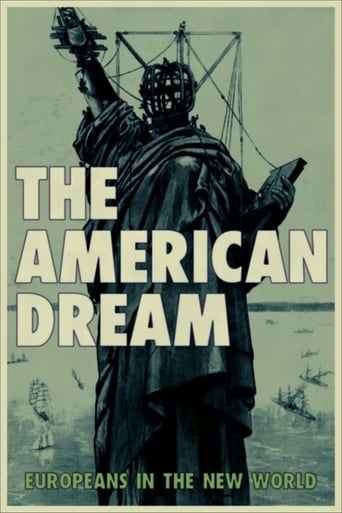
15 Feb 2019

The history of Europeans in North America, from the arrival of Columbus in 1492 to the business success of German immigrants such as Heinz, Strauss or Friedrich Trumpf, Donald Trump's grandfather. During the 19th century, thirty million people — Germans, Irish, Scots, Russians, Hungarians, Italians and many others — left the old continent, fleeing poverty, racism or political repression, hoping to make a fortune and realize the American dream.

04 Mar 1936

Six polar explorers arrives to a remote island in Arctic for a year-long scientific expedition. When their ship departs, they unpack only to find a young stowaway, who romanticized Arctic heroes, and tried to join them on multiple occasions finally succeeding. That's how six became seven. Life of polar explorers is tough, and full of danger. During one year they are largely isolated from the mainland, and should survive using their resourcefulness, smarts, knowledge, and existing supplies with occasional unreliable radio communications. The Seven are resilient, cheerful, they forged a true friendship. Now they are ready to face the unforgiving Arctic.
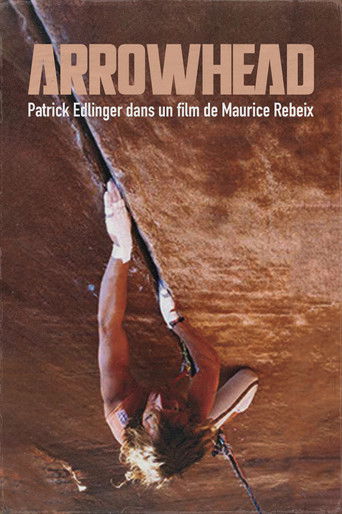
01 Jan 1989

Climber Patrick Edlinger visits various climbing areas in the American West, including Joshua Tree (routes and bouldering), Yosemite (bouldering), Hueco Tanks (bouldering), and Smith Rock (routes). He is seen climbing alongside Russ Clune, Ron Kauk, Jean-Paul Lemercier, and Todd Skinner in numerous sequences accompanied by Native American-inspired music composed by Benoît Fromanger. Less well-known than his two previous films, "La Vie au bout des doigts" and "Opéra Vertical," it remains a benchmark for all climbing enthusiasts and admirers of Edlinger, the world's most famous climber. His familiar voice provides narration throughout many sequences with iconic phrases that encapsulate the man, such as: "Climbing, this useless thing to which I dedicate my life."
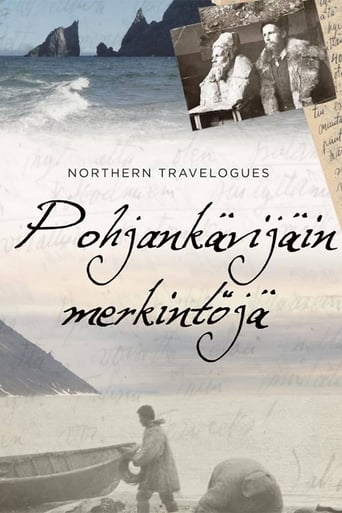
07 Mar 2019

In 1917 Finnish explorer Sakari Pälsi travelled to Northeastern Siberia carrying a cinematograph and 13,000 feet of film with him. The journey produced a unique documentary film and a travelogue. A hundred years later director Kira Jääskeläinen returns to the Bering Strait in Pälsi's footsteps. Combining old and new film footage, Pälsi's notes and the stories of the local indigenous peoples, the film highlights the story of the Chukchi and Siberian Eskimos from bygone days till today.